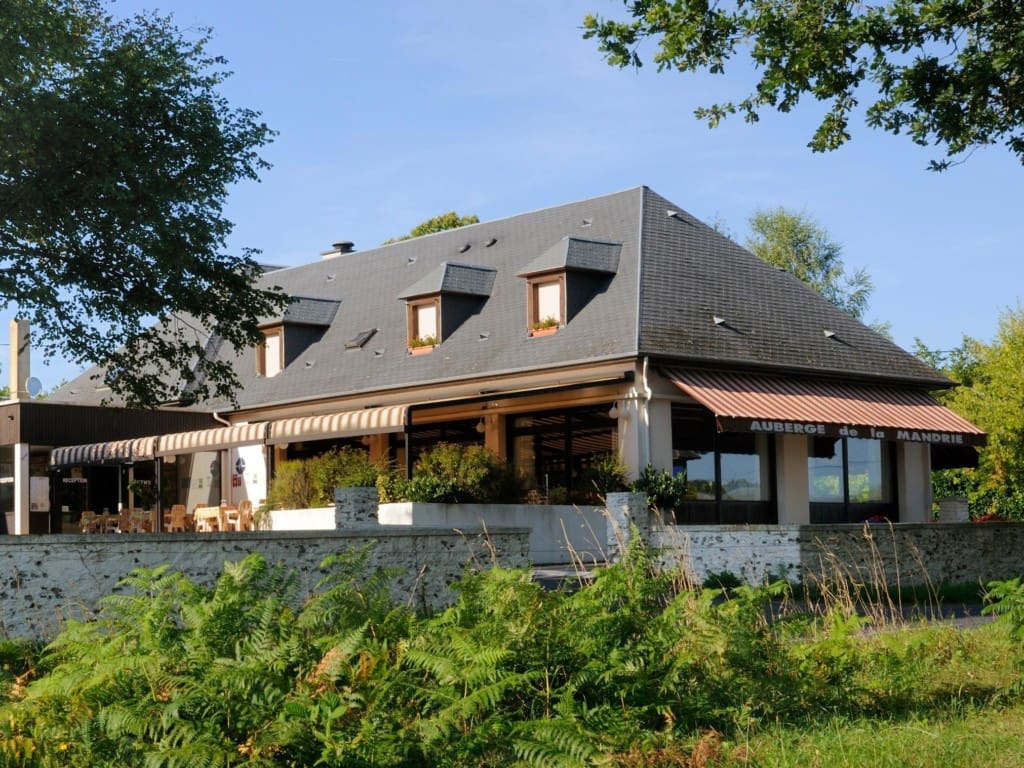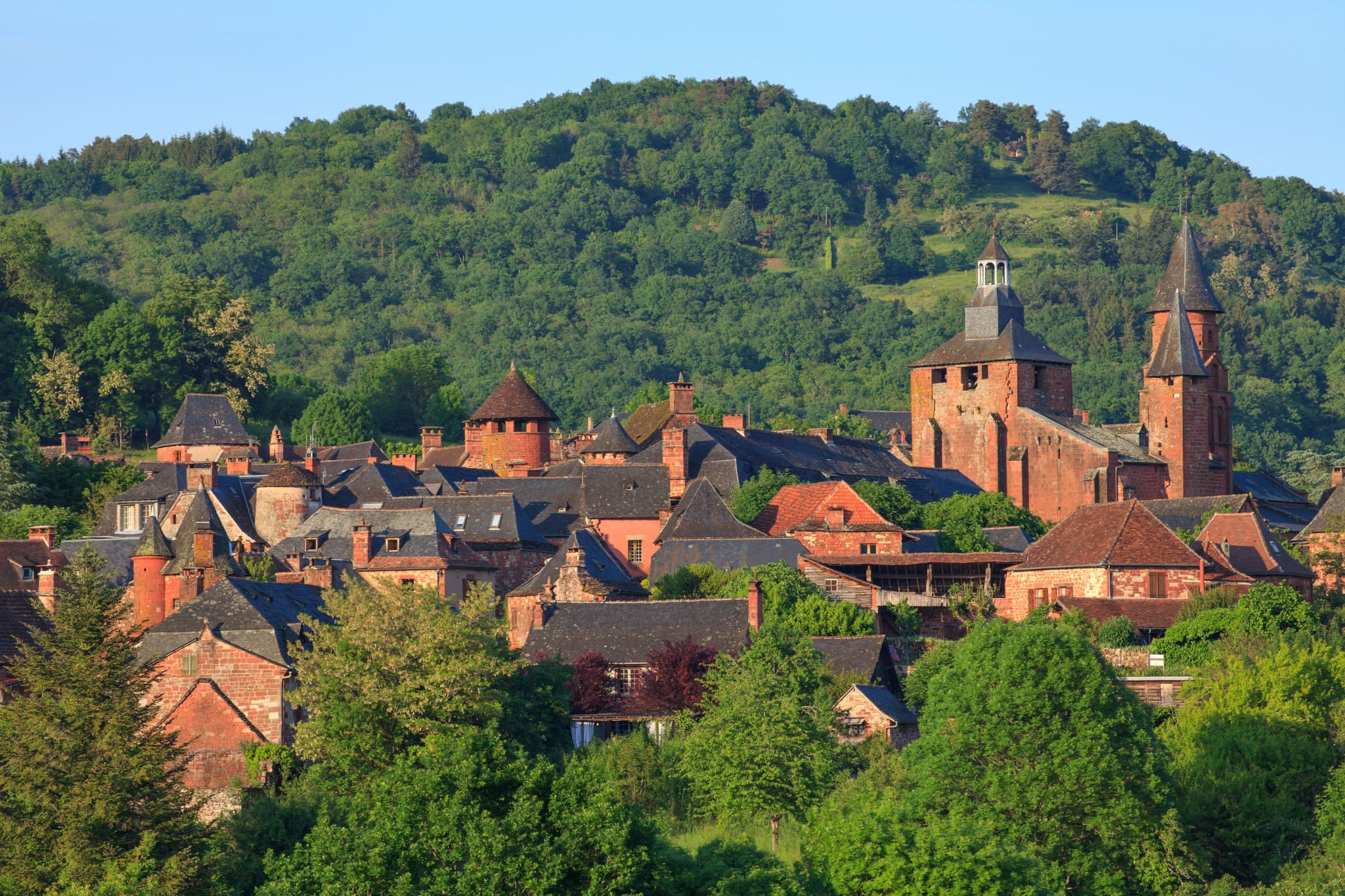Ever since the Macron government said it would prioritize sending migrants to rural areas, a number of towns have struggled against the construction of migrant centers and planned relocations. Now, a new reception center for asylum seekers is planned to be built in the small French town of Beyssenac, which will house 40 migrants where an old inn had operated.
Local opposition to the asylum center, which was permitted by the prefects of the county of Corrèze, is now growing, according to French newspaper France Bleu.
The Vitalis association bought the inn and will be responsible for managing the reception center. There are already 310 migrants staying in the county of Corrèze, but the new reception center will raise that number to 350.

Philippe Ponge, who created the Sauvons Beyssenac (“Save Beyssenac”) association, has launched a petition against the new asylum center, which the government plans to open in April.
“We don’t know who the people will be, so we don’t know what it will look like around the village and that worries us. People are used to leaving their doors open, they won’t be able to do that anymore. I spoke to a lady who told me that she won’t be able to jog in the area anymore because it’s risky… For the schools, it also risks lowering the level of education, it’s a whole package that worries us,” he said.
The local prefect, Etienne Desplanques, said the distribution of asylum seekers needs to be improved within the New Aquitaine region.
[pp id=57729]
The Vitalis association will move the migrants into the Auberge de la Madrie, a former school turned into a hotel-restaurant that has been on the real estate market for a long time. The association purchased it for €560,000; it plans to remodel the building and move migrants into the surrounding cottages and later into the main building.
The Viltaïs association already manages asylum centers throughout the area, including in Brive, Malemort, Donzenac, Rivière Mansac, and other towns.
“For us, the rural environment facilitates the insertion and integration of people. There are small local markets, events that take place, and making connections is much easier. As soon as (the population) starts to get to know them and nothing out of the ordinary ultimately happens, they will realize that they were afraid at first because they didn’t know the people,” said Karine Bouteleux, the director of the Asylum Unit at Vitalis.
[pp id=62708]
At the national level, 62 percent of French say they want to hold a national referendum on continued immigration, with other polls showing that a majority of French are both opposed to further immigration into France and worried about the Great Replacement, which describes the ongoing displacement of Europeans by non-European people in the West.
Despite opposition, French President Emmanuel Macron stated that his government planned to move migrants out of cities and into rural areas due to the problems of crime and ethnic ghettos in the French cities. He also admitted late last year that half of all crime in Paris is committed by foreigners, which has fueled fear from rural residents that the crime problems seen in France’s biggest cities will soon make their way to the countryside.
[pp id=27086]
Macron described migrant relocation to the countryside as an “opportunity,” but as Remix News reported, he may have a strong political motive to move forward with such a radical plan.
Opposition to similar plans in rural France has been fierce, including in Callac, which successfully fought off a scheme by the wealthy Cohen family members, who are the former owners of the upscale children’s clothing brand Bonpoint, to bring in dozens of migrants and their families to the small village. Residents pointed out the area had seen underinvestment for years and featured a high unemployment rate, yet millions of euros were found to invest in a migrant relocation project.






